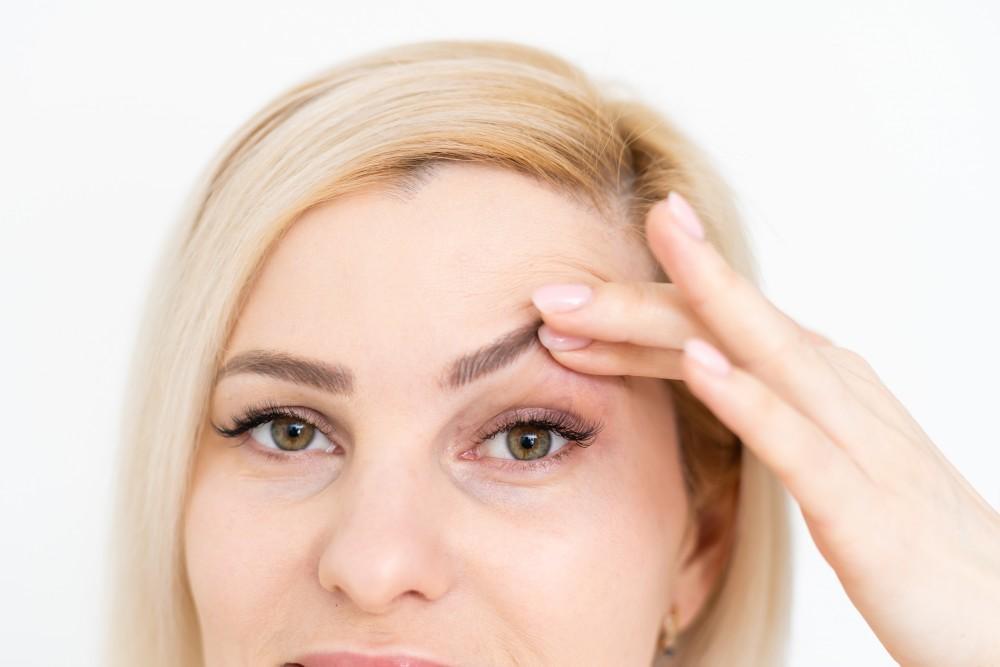
Are Your Sleep Habits Fueling Your Migraines?

Did you know that if you suffer from migraines, you’re two to eight times more likely to have disordered sleep than people without migraines? For example, people with chronic migraines experience insomnia twice as often as people without chronic migraines.
This leaves many people wondering if poor sleep habits fuel migraines or if migraines fuel poor sleep. In this post, board-certified surgeon, Christopher Brooks, MD, and our team at Brooks Plastic Surgery in Hollywood, Florida, explain the link between sleep and migraines and how we can help you find relief.
The link between sleep and migraines
The relationship between your sleep habits and your migraines isn’t one-way. In other words, migraine headaches can trigger sleep problems, and poor sleep quality can cause migraines to develop.
This is because the same chemicals messengers and regions of the brain that affect sleep are also closely linked to headaches and mood. Studies show us that not sleeping enough and sleeping too much can create imbalances that trigger migraines, and migraines can affect those areas of the brain associated with sleep.
Sleep issues can also make migraines worse, and migraines can make existing sleep problems even more challenging. As a result, a vicious cycle can develop, and people end up wondering which came first—their head pain or their sleep problems.
If you’re struggling with migraines, it’s worth evaluating your sleep habits and making changes to see if your headaches improve. Some things to try include:
- Creating—and sticking to!—a regular sleep schedule
- Keeping your bedroom dark, cool, and quiet
- Staying away from screens and electronics for at least an hour before sleep
- Practicing relaxation techniques or meditation to help you fall asleep
- Avoiding alcohol and caffeine
- Not eating too close to bedtime
If you’ve been taking medications to help you sleep, talk to your provider about making a change since medicines and even herbal supplements can make you tired the next day and trigger more poor sleep patterns.
Help for migraine headaches
Many people find some relief from migraines by making key lifestyle changes, like improving their sleep hygiene as described above, taking nutritional supplements, learning relaxation and stress management techniques, dietary and exercise changes, and avoiding triggers.
Patients with severe migraine pain, however, often find these measures aren’t enough to provide lasting relief. Prescription medications can help, but these can bring serious side effects like nausea and more.
If your migraines don’t improve with other treatments, Dr. Brooks may suggest migraine headache surgery. This treatment works by treating your trigger points, the blood vessels or sensory nerves that can get compressed and cause migraine pain.
During this procedure called nerve decompression surgery, Dr. Brooks reduces pressure on the nerves believed to cause your migraines. Everyone is different, but the most common trigger points include:
- Occipital (back of head, across skull)
- Frontal (forehead, above eyes)
- Rhinogenic (nose, behind eyes)
- Temporal (temples)
Before your treatment, Dr. Brooks reviews your symptoms and conducts a thorough exam to pinpoint your specific trigger points. Though many patients notice a dramatic improvement sooner, it can take up to four to six months for maximum results.
Tired of struggling with migraines? Reclaim your health and get better sleep by scheduling a consultation for migraine surgery at Brooks Plastic Surgery in Hollywood, Florida.
You Might Also Enjoy...


Eyelid Surgery: A Minor Procedure with Major Anti-Aging Results

Breast Reduction Surgery Is More Popular Than Ever — Here's Why

How CoolSculpting Can Boost Your Body Confidence This Year

Collagen Induction Therapy: 6 Skin-Renewing Benefits of Combining Microneedling With PRP


